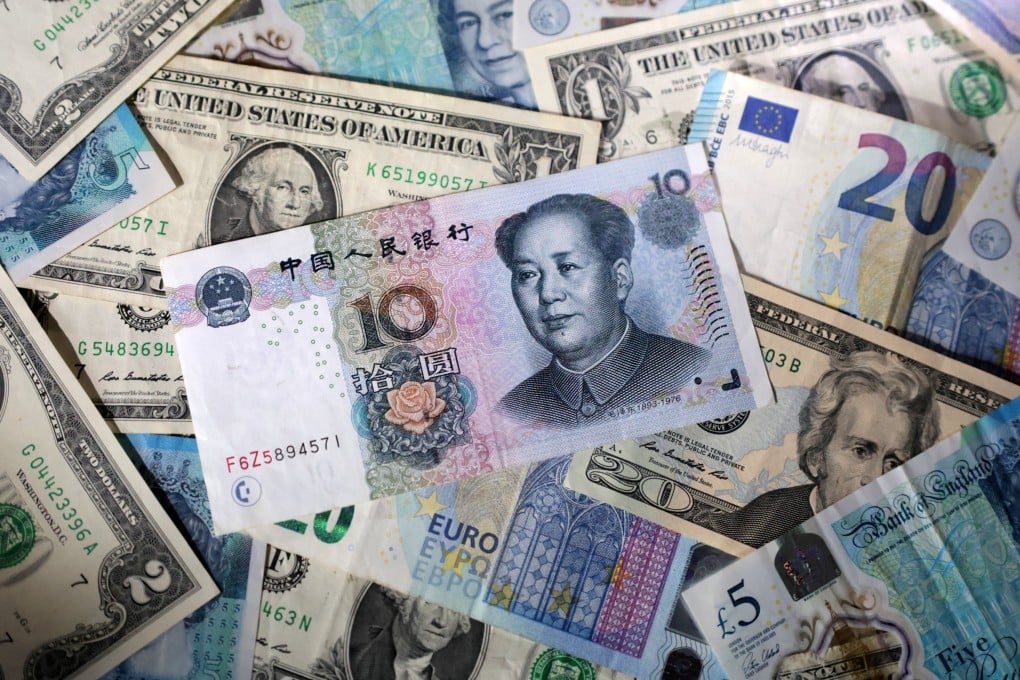Articles in this Cluster
30-05-2025
China has decided not to send its defense minister to the Shangri-La Dialogue, Asia's largest defense forum, amid rising tensions with the US. The decision marks the first time in five years that a high-level Chinese delegation will not attend the summit. The US will be represented by Defense Secretary Pete Hegseth, and the absence of a high-level Chinese representative throws into question whether there will be a meeting between the two countries. Tensions between the US and China have been escalating due to issues such as Taiwan, the South China Sea, and trade wars, with the US imposing tariffs on China and restricting software exports to Chinese tech companies. Analysts believe China's absence may signal a shift in focus towards economic and trade relations rather than military ties.
30-05-2025
The US has announced plans to revoke visas for certain Chinese students, sparking uncertainty and concern among the 280,000 Chinese students currently studying in the US. The decision, announced by the Trump administration, is seen as a discriminatory action targeting students with ties to the Chinese Communist Party or those studying sensitive subjects. Many Chinese students have had their visas revoked or been turned away at US borders without clear explanations, with some being accused of having ties to China's military or being potential spies. The move has been met with protests from Beijing, which has called it "politically motivated." The increased scrutiny has made it difficult for Chinese students to secure visas or gain admission to US universities, with some being told that they are unlikely to be given offers due to their nationality. The suspicion surrounding Chinese students and researchers has also led to a decrease in the number of Chinese students studying in the US. Meanwhile, Chinese graduates who return home are facing increased scrutiny and suspicion, with some being viewed as potential spies, making it harder for them to find employment. The increased tensions between the US and China have created a challenging environment for Chinese students and graduates on both sides.
30-05-2025
The US is expanding its military presence in northern Australia as a deterrent against China's growing threat in the Asia-Pacific region. The number of US Marines rotating through Australia's Northern Territory has grown from 200 in 2012 to nearly 2,500 today, making it the largest US military presence since 1945. The US and its allies, including Australia and Japan, are conducting joint military drills to prepare for potential Chinese aggression, particularly in the event of a Chinese invasion of Taiwan, which China's President Xi Jinping has reportedly ordered his military to be ready for by 2027.
30-05-2025
U.S.-China trade talks are stalled and require direct communication between leaders Donald Trump and Xi Jinping, according to Treasury Secretary Scott Bessent. Despite a breakthrough agreement in Switzerland on May 12, the U.S. has continued to impose tech restrictions on China, while China has not significantly eased restrictions on rare earths. Bessent expects further talks in the coming weeks and potentially a call between the two leaders, citing their good relationship and Trump's influence on China's negotiating position.
30-05-2025
A Chinese economist, Lian Ping, warns that financial sanctions could become a new battleground in US-China rivalry, but notes that the likelihood of full-scale sanctions remains low. Lian cautions that cutting China off from the Swift interbank system or freezing its US dollar assets would harm both China and the US, and potentially undermine the Swift system's importance as countries turn to China's alternative, CIPS.
30-05-2025
The US decision to revoke Chinese student visas, particularly those in "critical fields" and with ties to the Communist Party, has sparked backlash from both Americans and the Chinese government, with accusations of xenophobia. China's foreign ministry and embassy in Washington have protested the move, with the embassy lodging a "solemn démarche" with the US government, urging it to correct its "mistakes" and protect the rights of Chinese students. The US State Department has defended the decision, citing national security concerns and accusing Beijing of exploiting US universities and stealing research.
